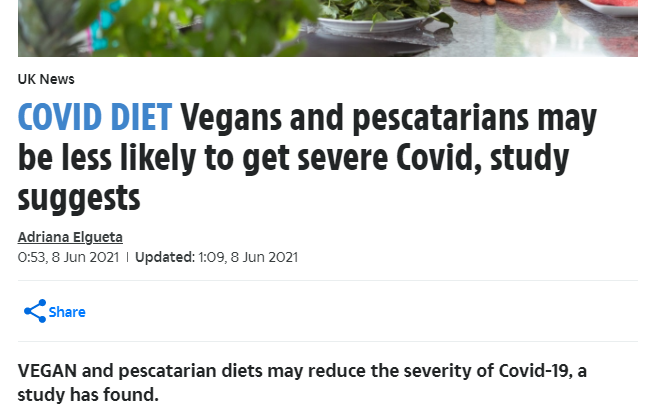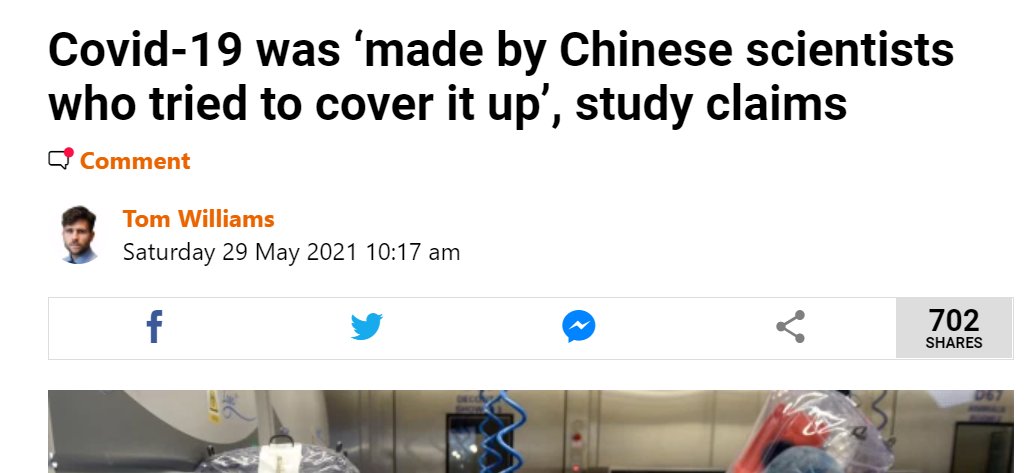
@jamesheathers and I have an important new piece out in STAT today talking about science during The Plague
Bottom line - academic science has not come out of the pandemic looking good
statnews.com/2021/06/08/sci…
Bottom line - academic science has not come out of the pandemic looking good
statnews.com/2021/06/08/sci…
The simple fact is that our current system for generating and correcting evidence has not handled the incredibly tight timeframes of Covid in any reasonable way
I think this story about a paper in Scientific Reports exemplifies the issue
The authors and editors did everything RIGHT as far as traditional academia goes. And yet, it was a massive failure in many ways
The authors and editors did everything RIGHT as far as traditional academia goes. And yet, it was a massive failure in many ways

If @lonnibesancon, @goescarlos, others and myself are right, this paper may have been used to drive policies that killed 10,000s
Meanwhile, we're cheerfully having a polite academic chinwag with our colleagues
Meanwhile, we're cheerfully having a polite academic chinwag with our colleagues
"Hello old bean, we think your paper that's being used to change public health policy might be disastrously wrong"
"Good chap I most heartily disagree. Let us examine this question over the next 12 months in detail"
NOT GOOD ENOUGH
"Good chap I most heartily disagree. Let us examine this question over the next 12 months in detail"
NOT GOOD ENOUGH
Moreover, the rewards for people who raise issues with published work are threats and mockery, while publishing bad research generally has a POSITIVE impact on people's careers
• • •
Missing some Tweet in this thread? You can try to
force a refresh

















